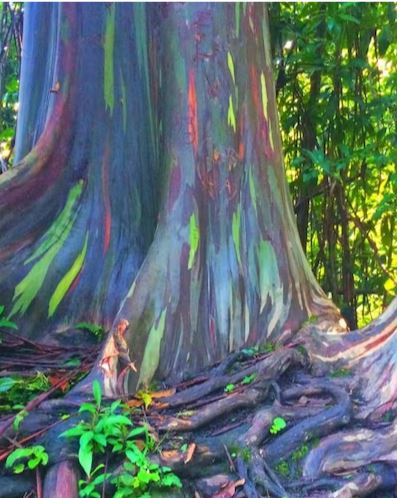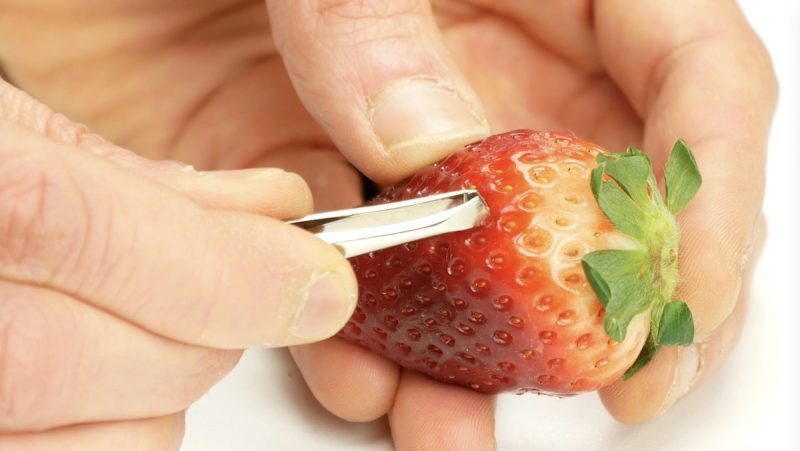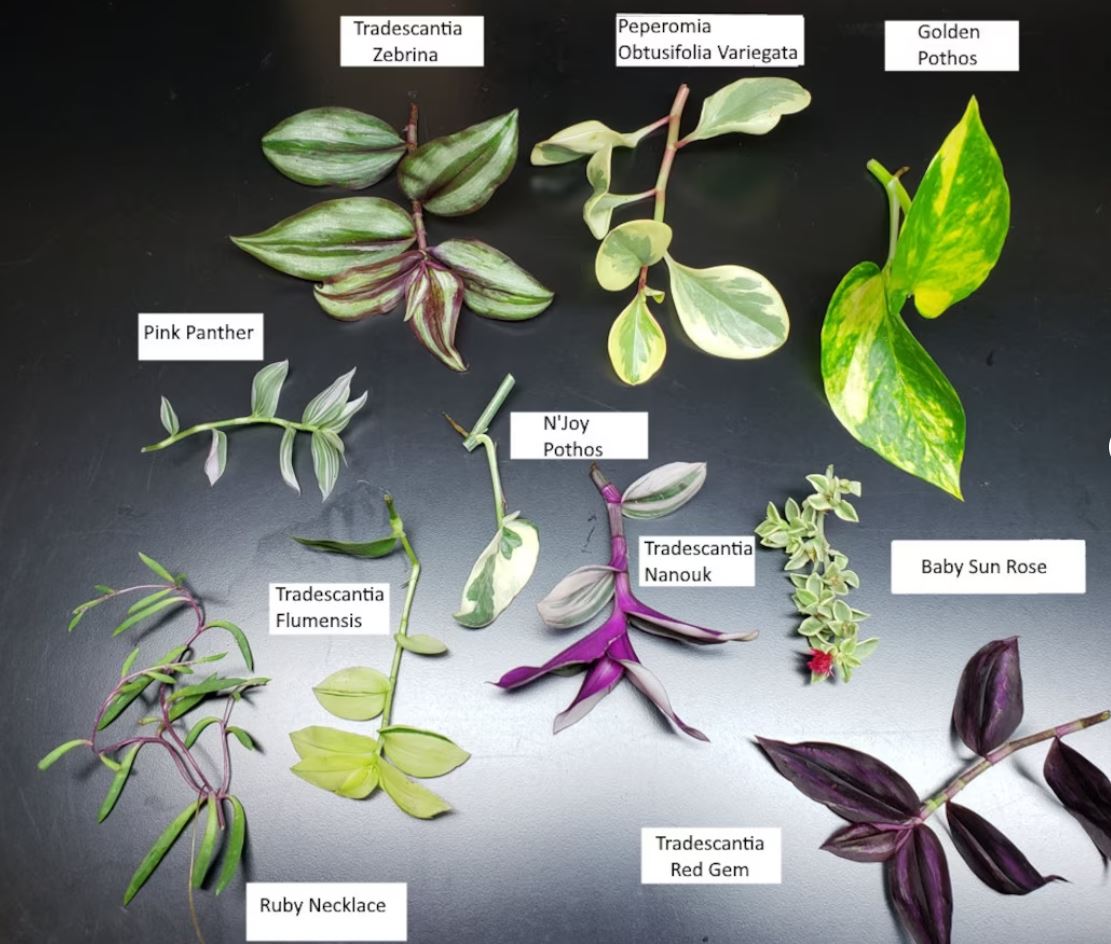Introduction
The enchanting beauty of the rainbow tree has fascinated nature enthusiasts for generations. With its vibrant multicolored bark, it stands as a testament to the wonders of the natural world. However, have you ever wondered how long it takes for a rainbow tree to reach its full maturity? In this blog post, we will delve into the fascinating journey of the rainbow tree, exploring the stages of growth and the timeline it takes to reach its majestic splendor.
The Germination Stage
The journey of a rainbow tree begins with the humble seed. During this initial stage, the seed is carefully cultivated under optimal conditions to ensure successful germination. Factors such as temperature, humidity, and light play crucial roles in stimulating seed growth. It typically takes around three to four weeks for the seed to sprout, marking the first significant step towards maturity.
Early Growth and Development

Once the seed has sprouted, the rainbow tree enters a period of rapid growth. Tender shoots emerge from the ground, reaching for the sun’s warm embrace. During this stage, proper care and nourishment are vital to support healthy growth. Adequate watering, sunlight, and nutrient-rich soil contribute to the tree’s overall well-being. Over the course of several months, the rainbow tree establishes a strong root system and begins to develop its distinctive rainbow-colored bark.
Section 3: Maturation and Color Transformation

As the rainbow tree continues to mature, its bark undergoes a remarkable transformation. Initially, the bark appears in shades of green before gradually transitioning to vibrant hues of orange, purple, and red. This magical kaleidoscope of colors is caused by a natural phenomenon known as pigmentation. The entire process can take up to three to five years, depending on environmental conditions and genetic factors unique to each tree.
Section 4: Growth Factors and Influences
Several factors influence the rate at which a rainbow tree matures. Climate plays a significant role, as these trees thrive in tropical and subtropical regions. Temperature, rainfall patterns, and sunlight availability all impact the tree’s growth rate. Additionally, genetic variations within the rainbow tree species can result in variations in growth and maturation timelines. It is important to note that while some trees may mature within a few years, others may require more time to reach their full splendor.





